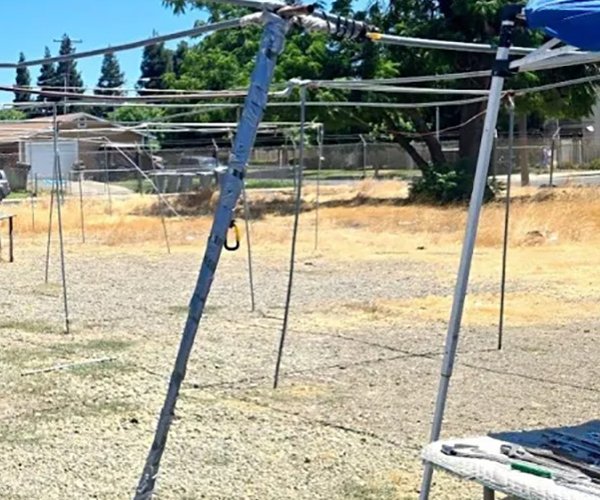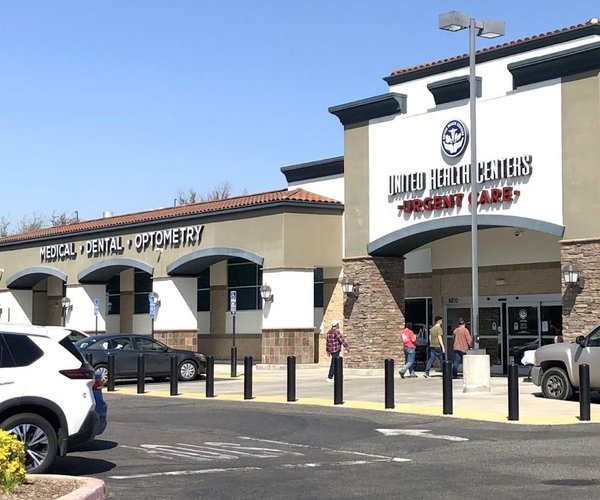Protecting constituents with preexisting conditions was a main pillar of Congressman Josh Harder’s campaign in 2018, and less than a year later he’s attempting to put legislation on the president’s desk that will do just that.
Harder worked to pass an amendment on Thursday that he introduced through the House of Representatives as part of the Protecting Americans with Preexisting Conditions Act. His amendment would require the Government Accountability Office to offer expert analysis on the impact that the administration’s support of new health care plans would have on access to mental health care. The Harder amendment passed unanimously.
“People in the Central Valley deserve access to mental health care – we need to know how many Americans could be scammed out of their coverage by the junk plans this administration is pushing,” Harder said. “Mental health coverage is just as important as any other form of care – we can’t let insurance companies get away with collecting premiums from people and then denying them services when they need them most.”
Last year, the administration rolled out a new Executive Order which would allow states to sidestep important protections in the Affordable Care Act. Instead of requiring insurance to cover all health care services, these new plans would provide insurance companies an opportunity to collect premiums but refuse to cover important services, including mental health care. Rep. Harder’s amendment would require an expert analysis through GAO to determine exactly how many people would lose access to these services under the administration’s plan.
“These plans are a scam,” Harder said while speaking about his amendment on the House floor.
One category of the plans, Short-Term Limited Duration Insurance (STLDI), collects premiums from its beneficiaries, but only about half of these plans cover mental health care and only a third cover Substance Use Disorder.
“People who are struggling with depression, anxiety, schizophrenia or substance abuse disorder deserve coverage. We’re talking about real people in our communities who need help and they should get it, and that’s especially true because of the stigma surrounding mental health issues,” Harder said while speaking about his amendment on the House floor. “If you tell your friends you have cancer, they tell you to get help. If you tell your friends you have depression, they tell you to tough it out, we’ll go to the gym.
“Without access to mental health care, a lot of people end up self-medicating. That’s why we have to make sure they’re covered with real insurance, not junk plans.”
Harder told the story of a Stanislaus County resident whose daughter went off to college and received cheap, university-funded insurance. After a mental health issues presented itself, the resident’s daughter was denied coverage for the treatment she needed even though she had paid premiums for years.
“She wasn’t covered, and her family had to pay thousands of dollars out of pocket. Years later, they’re still paying it off today,” Harder said. “That’s a common story because only about half of these plans cover mental health care, and only about a third cover substance use disorder.”
According to the 2018 Community Health Needs Assessment conducted by Community Health Insights, access to mental, behavioral, and substance abuse services is the number one significant health need within the Stanislaus Surgical Hospital service area, which includes all of Stanislaus County.
“That’s a huge problem for people in my district and in the Central Valley, especially for young people,” Harder said. “…if we don’t pass this amendment, millions of people who have similar stories will be denied coverage for mental health issues when they need it most. That is a scam.”









